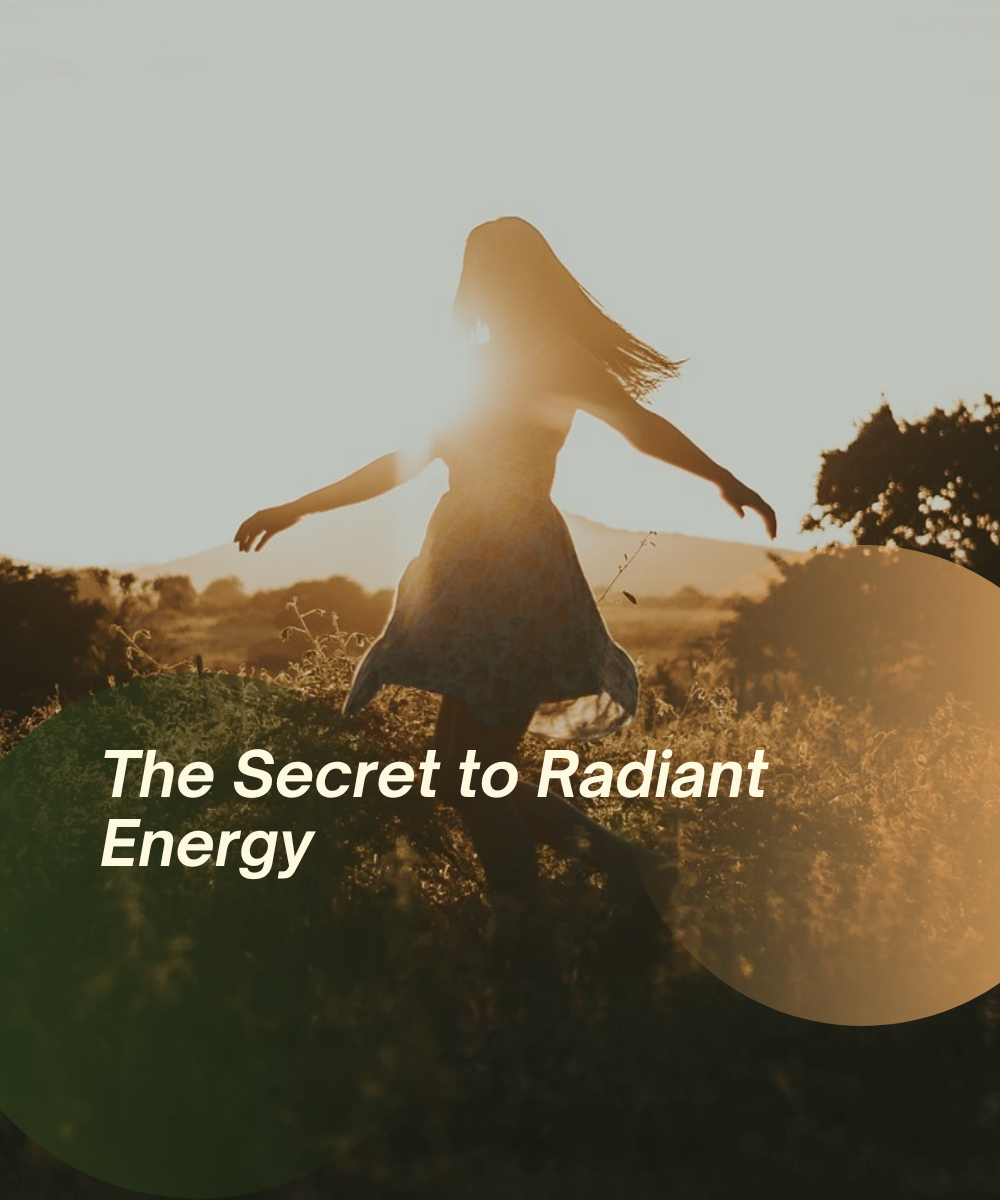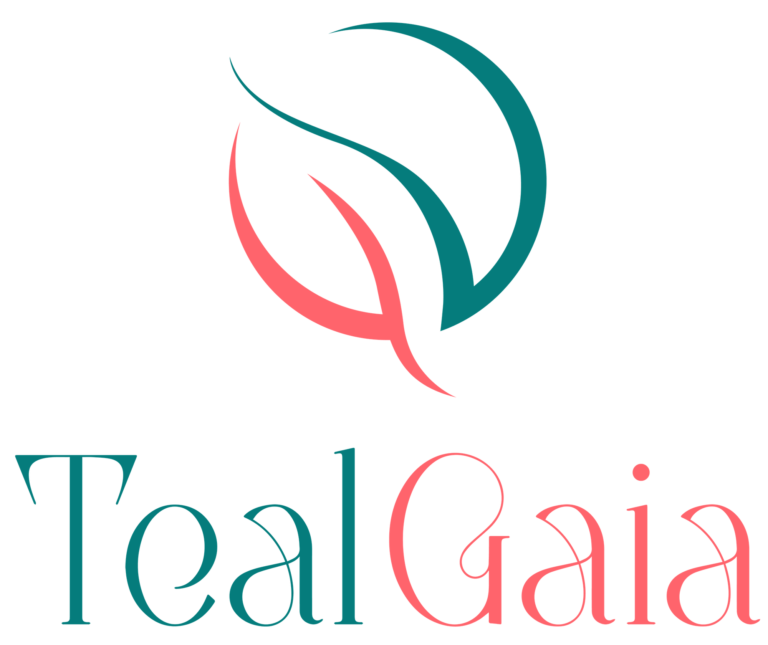50% OFF stock clearance for all KORKOMA products!
Our new MONCH MONCH Collection is here!
Free shipping on orders over 65$

Maintaining energy and vitality is crucial for women leading busy, active lifestyles. The right nutrients can help boost energy levels, speed up recovery, and support overall resilience. Let’s explore the key vitamins and minerals every active woman needs, where to find them, how they work in your body, and some fun facts to keep things interesting.
What it does:
Turmeric’s active compound, curcumin, is a potent anti-inflammatory and antioxidant. It helps reduce inflammation caused by exercise, fights oxidative stress, and supports faster recovery (Aggarwal & Harikumar, 2009). Additionally, turmeric is known for promoting joint health and strengthening the immune system.
Fun Fact:
In India, turmeric is considered a sacred spice and is traditionally used in wedding ceremonies as a symbol of purity and prosperity.
Best food sources:
Quick recipe idea:
Blend turmeric powder into almond milk with honey and a pinch of black pepper for a soothing golden milk latte.
What it does:
Iron is essential for producing hemoglobin, the protein in red blood cells that transports oxygen to your muscles and tissues. Ensuring adequate iron levels helps prevent fatigue, particularly during exercise, and promotes overall vitality (Haas & Brownlie, 2001).
Fun Fact:
Spinach became famous thanks to Popeye the Sailor, who claimed it gave him super strength. While it’s not that magical, spinach is still packed with iron!
Best food sources:
Teal Gaia Tip: Pair iron supplements with turmeric capsules to support antioxidant defenses and optimize nutrient absorption.
What it does:
Vitamin D is crucial for calcium absorption, bone strength, and mood regulation (Holick, 2007). It also plays a key role in energy metabolism, making it an essential nutrient for staying active and uplifted.
Fun Fact:
Your body naturally produces vitamin D from sunlight exposure! Interestingly, mushrooms are the only plant-based food that can produce vitamin D when exposed to sunlight—just like humans.
Best food sources:
Teal Gaia Tip: Supplementing vitamin D with turmeric capsules can enhance anti-inflammatory benefits and boost energy levels.
What it does:
Magnesium is vital for muscle function, energy production, and nervous system health (Swaminathan, 2003). It helps alleviate muscle cramps, supports restful sleep, and promotes relaxation.
Fun Fact:
Magnesium is involved in over 300 biochemical reactions in the body, including energy production, muscle contraction, and even DNA synthesis!
Best food sources:
Teal Gaia Tip: A magnesium-rich diet paired with turmeric supplements can help enhance muscle recovery and relaxation post-workout.
What they do:
Omega-3 fatty acids are essential for reducing exercise-induced inflammation, improving recovery, and supporting brain health (Mori & Beilin, 2004). They also promote glowing skin and healthy joints—making them a must-have for active women.
Fun Fact:
Flaxseeds, a great plant-based source of omega-3s, were cultivated as early as 3000 BC in Babylon. They’re still considered a superfood thousands of years later!
Best food sources:
Teal Gaia Tip: Adding omega-3 fatty acids to your routine alongside turmeric supplements can supercharge your anti-inflammatory efforts.
Why Choose Teal Gaia’s Premium Turmeric Supplements?
Our turmeric capsules are specially crafted to provide maximum benefits:
Feel free to find more about the KORKOMA products to support your wellbeing.
Frequently Asked Questions (FAQ)
By incorporating these essential nutrients into your daily routine, you can stay energized, support your recovery, and maintain a healthy, active lifestyle.

We will let you know when we have new arrivals, events and promos. Don't worry we send them infrequently, just a friendly hi now and again!

*These statements have not been evaluated by the Food and Drug Administration. This product is not intended to diagnose, treat, cure or prevent any disease.
© 2023 Teal Gaia. All right reserved.
Thank you for contacting us at TealGaia. Please leave a detailed message below and we will get back to you as soon as possible.
Please note that our working hours are 8am-8pm EST, MON-FRI (except for holidays).